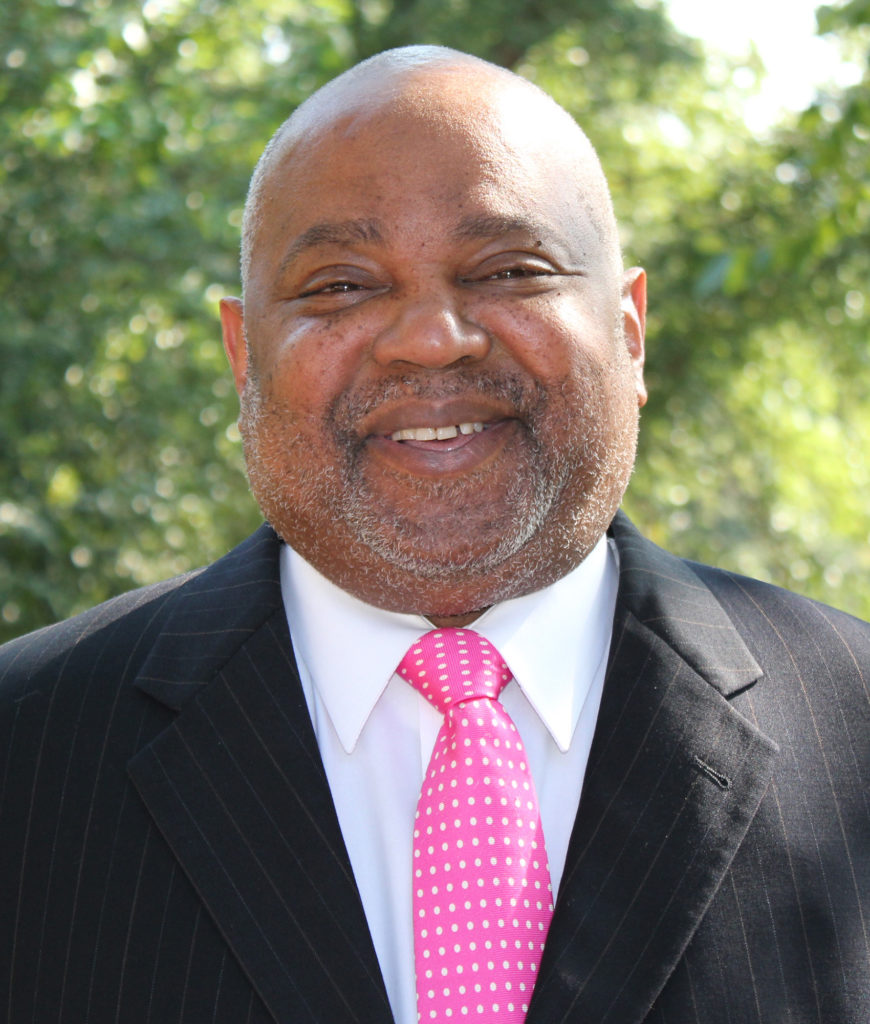Behavioral health needs are a growing issue in Georgia, particularly among transitional youth between the ages of 18 and 25. A new three-year, $1.3 million grant is helping the UGA School of Social Work address these needs.
The school’s researchers are developing specialized training for social work master’s degree students through funding provided by the Health Resources Services Administration of the U.S. Department of Health and Human Services. The program will emphasize collaboration with families who use behavioral health services and will teach students how to work in concert with families, at-risk youth and health and social work professionals.
According to a 2011 report by the Carter Center, Georgia ranks in the bottom half of states nationally regarding its ability to meet growing behavioral health needs such as treatment for mental illness, trauma and other issues.
The shortage is particularly serious among transitional age youth, who are at a higher risk for developing behavioral health disorders and are among those least likely to seek services, said Harold Briggs, associate dean and co-principal investigator for the project. Adding to the difficulty of providing effective care, he said, is a lack of input from those being served as well as a lack of coordination between providers of different professional services.
The curriculum for the program stresses interprofessional training for integrated care, or the systematic coordination of different health care services, such as mental health, substance abuse and primary care services in the treatment of individuals.
“This is going to change things for the better for the people who ultimately receive services,” Briggs said. “It is our hope that our graduates will enter the workforce ready to dive in and meet the needs of this at-risk population.”
Also overseeing the project are School of Social Work faculty members Shari Miller, director of doctoral and undergraduate programs; David Okech, director of the master’s degree program in social work; Sandra Murphy, director of field programs; and Leon Banks, admissions coordinator for the school’s master’s degree program in social work.
The School of Social Work will partner with two Atlanta-based nonprofits, the Georgia Parent Support Network and the Social Empowerment Center. In addition to providing internship opportunities for students, the nonprofits will enlist families and transitional age youth to help the program’s administrators identify service needs. Family members also will engage in nontraditional roles such as evaluation and research and will work with professionals on how to approach other families who are receiving help or would benefit from behavioral health services.
The Georgia Parent Support Network, directed by Sue Smith, is recognized nationally for incorporating family input in its organizational structure to address the needs of children with mental illness, emotional disturbances and behavioral difficulties. The Social Empowerment Center, directed by Shelley Hutchinson, supports families in crisis and serves a large number of transitional age youth.
“Family knowledge is of key importance,” Briggs said. “Social workers are typically the ones who are in a position of prescribing and deciding. This approach is new with respect to social work education because students will learn how to look at the issues involving systems of care through a collaborative professional and family lens.”
After completing classroom courses, graduate students will work in internships at service agencies that have interprofessional teams or provide some elements of integrated care.
